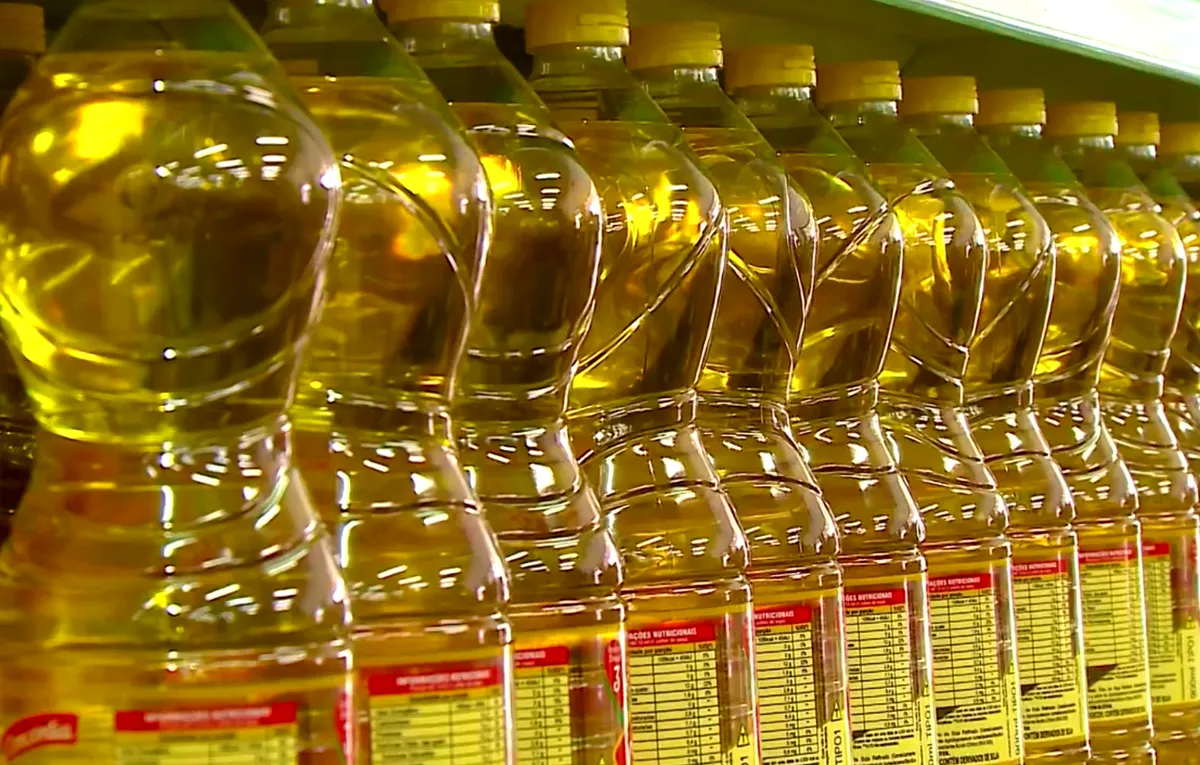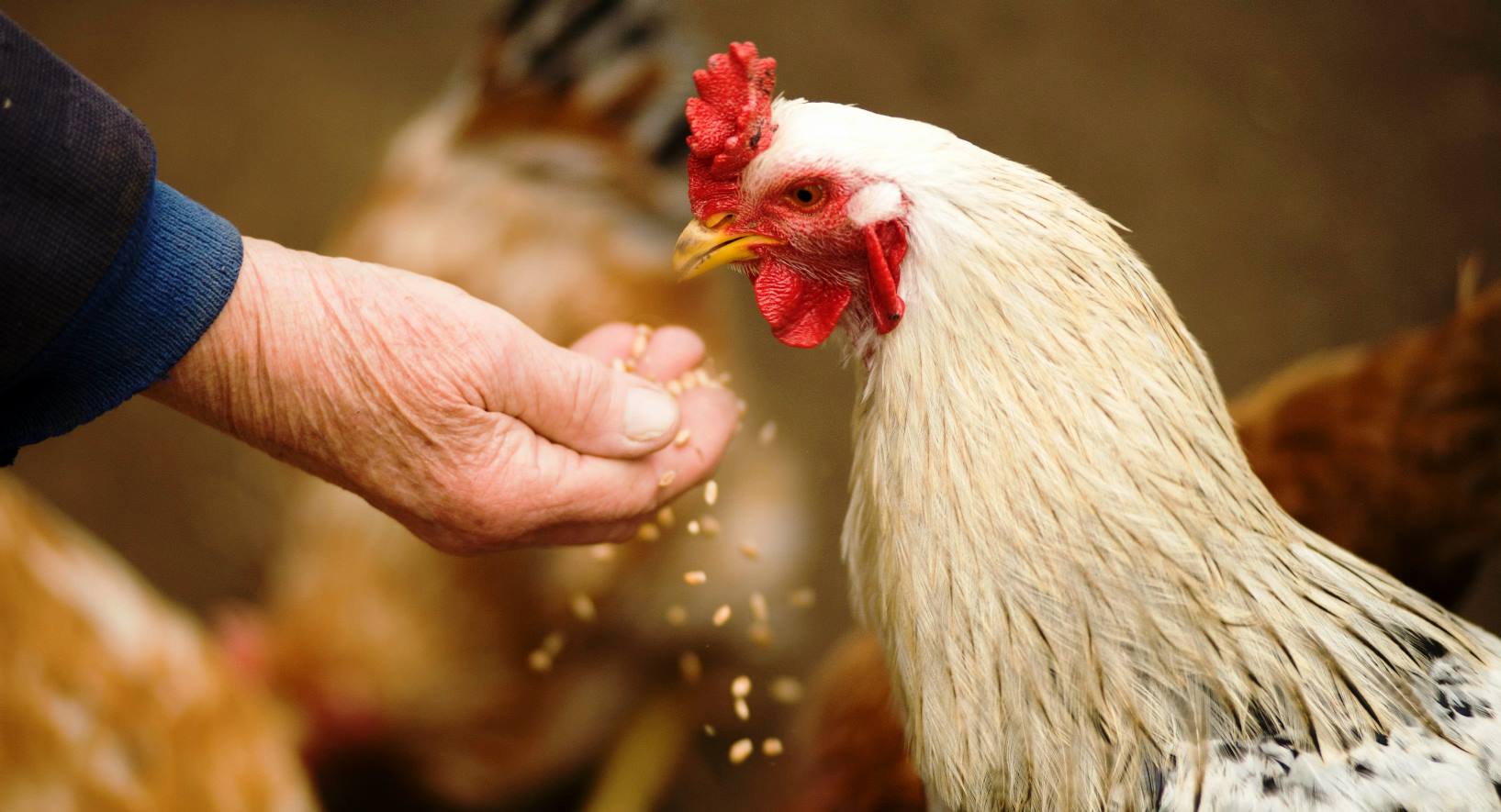
Contents
Brazil, as the world’s leading sugar producer and exporter, plays a pivotal role in the global sugar market. However, the sugarcane off-season, spanning from December to March, presents unique challenges and opportunities for importers worldwide.
During this period, sugar production declines significantly due to the natural growth cycle of sugarcane. Despite the reduced output, domestic and international demand remains steady, often leading to supply constraints and price volatility.
For importers, understanding the dynamics of Brazil’s off-season is crucial for strategic planning, ensuring supply continuity, and capitalizing on market opportunities
The off-season leads to a substantial decrease in sugarcane harvesting and processing activities. Mills operate at reduced capacity, and the availability of various sugar types, including white, refined, and demerara, diminishes.
This reduction in supply, coupled with consistent demand, can result in significant price increases. For instance, during the 2024/25 off-season, prices remained firm due to limited availability and sustained demand.
Despite the off-season, domestic sugar consumption in Brazil remains high, with per capita consumption exceeding 30 kg/year. Internationally, Brazil’s sugar exports continue to meet global demand, with countries like China, India, and Saudi Arabia being major importers.
However, logistical challenges, such as port congestion and transportation bottlenecks, can exacerbate supply issues during the off-season. For example, increased vessel wait times at the Port of Santos have led to delays in sugar shipments.
To mitigate the risks associated with Brazil’s sugarcane off-season, importers should consider the following strategies:
Advance Contracting: Secure supply contracts ahead of the off-season to lock in prices and ensure availability.
Diversified Sourcing: Explore alternative suppliers or diversify sourcing regions to reduce dependency on a single market.
Inventory Management: Increase inventory levels before the off-season to buffer against potential supply disruptions.
Logistics Coordination: Work closely with logistics providers to navigate potential transportation challenges and avoid delays.
If you are ready to make a sugar import viable, fill out the form below and request a quote.
Mello Commodity publishes educational articles that aim to guide importers of agricultural commodities on: Brazilian crops, market information, prices, scams, etc.
Some articles may contain affiliate links that provide access to several SUPPLIER GUIDES for Brazilian agricultural commodities. The commission paid to the Mello Commodity team is used to cover production costs and will not impact the cost of acquiring the material.
If you are interested in negotiating the direct import of sugar, soybeans or yellow corn, simply click on the Quotation menu and send us your order details.

Brazilian, graduated in Marketing, Specialist in Service Management and Strategic Communication.
Important International Negotiator in the commercialization of Brazilian agricultural commodities such as: Sugar, Soybeans and Corn.
Owner of Mello Commdity, she has gained great prominence on the internet in recent years by promoting educational articles for importers of Brazilian agricultural commodities.
#brazilian sugar icumsa 45 price #Brazilian white sugar #brown sugar #Brown Sugar halal #brown sugar VHP #browns sugar #demerara sugar #Icumsa 150 #import Brown Sugar #Raw sugar #sugar cane off-season #sugar in Brazil #Sugar in Dubai #Sugar in India #Sugar in Tailandia #Sugar mills in Brazil #sugar suppliers #sugar supply #white sugar
 Bangladesh Sugar Imports: A Global Success Case Study
Bangladesh Sugar Imports: A Global Success Case Study Coup plotters are everywhere in international trade. Protect your international businesses with the Agricultural Commodities Suppliers Guide
Coup plotters are everywhere in international trade. Protect your international businesses with the Agricultural Commodities Suppliers Guide Oil Exporters in Brazil – Business Opportunities and Global Markets
Oil Exporters in Brazil – Business Opportunities and Global Markets Avian Influenza in Brazil: What You Need to Know in 2025
Avian Influenza in Brazil: What You Need to Know in 2025